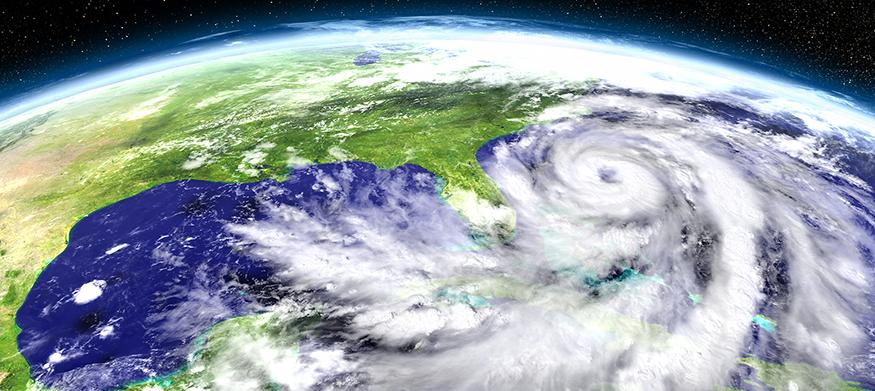
In the past year, we have seen hurricanes devastate multiple Caribbean islands, snow storm after snow storm along the east coast, volcano eruptions in Hawaii, and wildfires spreading across California. Last month brought Hurricane Florence to the Carolinas, and flooding continued for weeks even after the storm itself had gone away. Earlier this month, Hurricane Michael left a path of destruction in areas of Florida.
Planning meetings around weather events can be challenging on its own, but when you also consider the residual effects (like possible weeks of flooding after a hurricane or ongoing venue staffing issues), it becomes a daunting task. But there are ways to prepare, and protect your event, ahead of time.
Know the Weather Season
Some of the weather seasons are easy to identify, like winter in general or hurricane season for the Caribbean and east coast (June 1 – November 30), or tornado season in the mid-west (April, May, June), but others can be trickier. California used to have a defined fire season that typically started in August, but we are now seeing wildfires almost year-round. Unpredictability of storms and weather events does not necessarily mean you avoid the entire east coast for 6 months out of every year during hurricane season but rather, knowing the potential risks and the possibility of a weather event in the destinations you are considering is the first step in building an effective risk management plan.
Create Snow Dates
If you plan a lot of east coast meetings (like we do), the 2017-18 winter brought a new phrase to our planning vocabulary: snow date. It is common for outdoor events to announce a date and a rain date at the same time. For many clients with an event that lends itself to this, we are advising them to announce the event date and a snow date this year. This typically works best for single day events with a local audience, and it’s not appropriate for all situations. If you go this route, it is imperative that your snow date is confirmed in your venue contract, and that all other event providers, speakers, staff, etc. are also confirmed for both dates.
Protect Yourself in Your Contact
Beyond force majeure clauses and the standard wording, there are many different types of clauses that can be negotiated with venues to mitigate the risk to your event should weather threaten to disrupt it. The exact language of the clause (for example, the standard “impossible to perform…” vs “inadvisable”) and remedies will depend on the location and travel plans of your audience, as well as the destination so there is not a one-size-fits-all approach here.
The one certainty in planning events and meetings is that weather may be a factor – knowing how to plan ahead and manage all of the possibilities is the only way we can attempt to control it.

